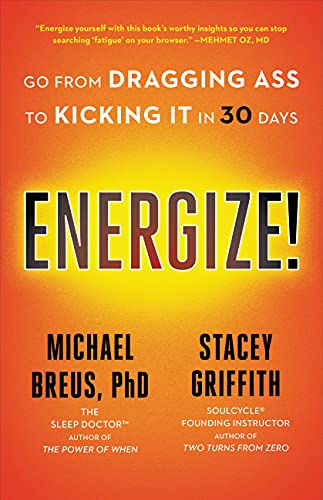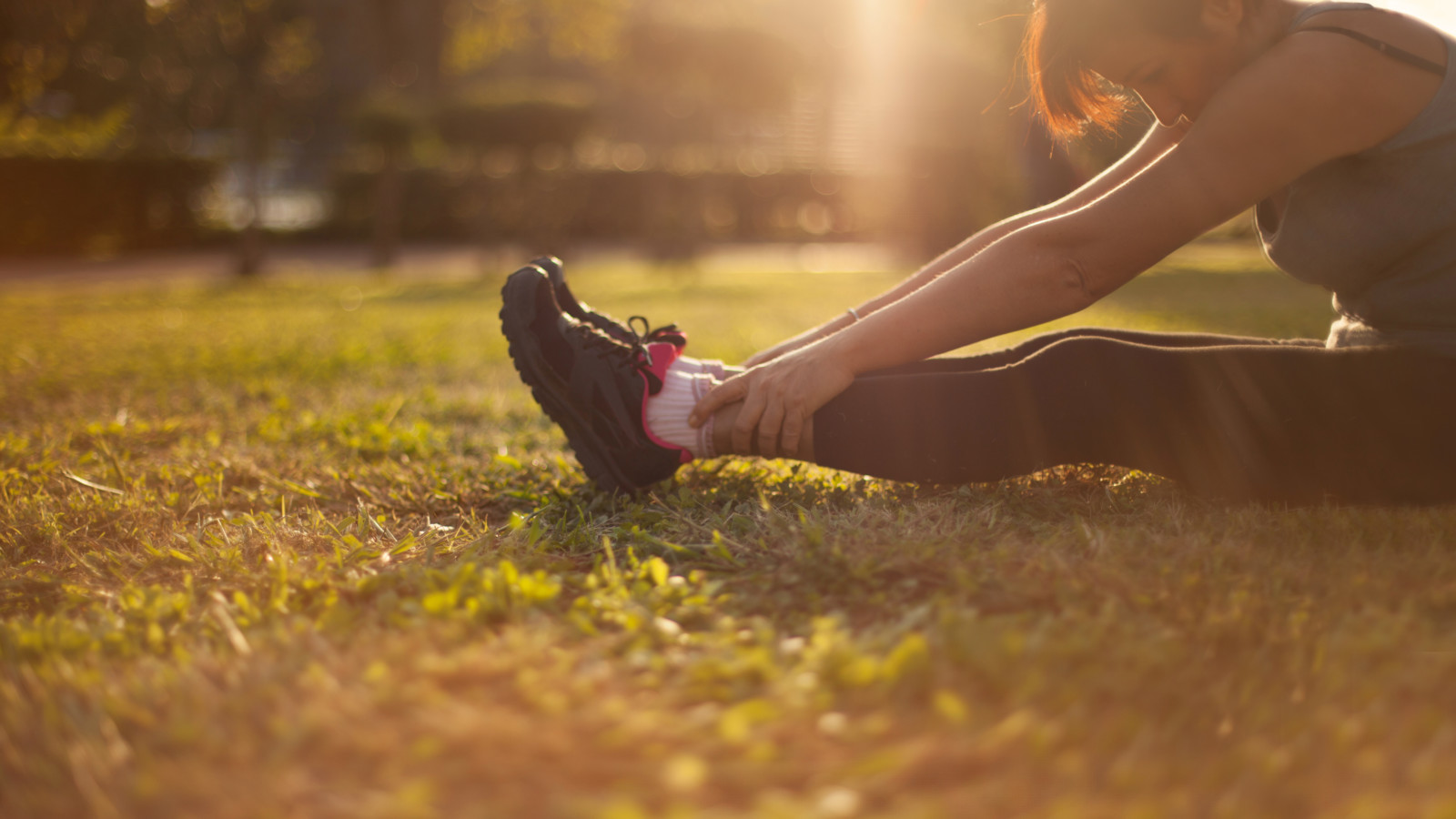Although cortisol secretions flow for seven hours before they plummet in the early afternoon, they’re not always enough to clear away morning fogginess, especially if you’re a Wolf or Dolphin attempting to get up too early. Melatonin secretions taper off for most of us by 4:00 or 5:00 a.m. For Wolves, though, melatonin is still pumping at 6:00 a.m., which suppresses cortisol. Waking up is nearly impossible when your body chemistry demands that you “Stay in bed!” What’s more, going against your chronorhythm can be so disruptive to your hormonal ebbs and flows, it can actually prolong melatonin production. You will be physically up, but your brain is still half asleep. This condition is called sleep inertia, more commonly known as brain fog.
Here are ways to cut through the fog and energize your waking brain:
Get some sun.
Twenty minutes of direct sunlight sends a message to the pineal gland that it’s daytime and it can stop secreting sleepy hormone melatonin, a circadian reinforcer. Not only that, but morning exposure to sunlight sets up a good night’s sleep ahead, so it clears brain fog while also preventing it. The application of this brain hack couldn’t be easier. As soon as you can after waking, go outside and open your eyes. Don’t look directly at the sun, though, and don’t wear shades.
Drink water.
We lose about a liter of water every night while sleeping. Snorers and those with sleep apnea lose even more (fluid is expelled with every breath). Most of us wake up needing a 16-ounce tall drink of water. There is a dangerous feedback loop between dehydration and sleep: If you’re dehydrated, you might not get sufficient sleep, and not getting sufficient sleep causes dehydration.The antidiuretic hormone vasopressin controls your body’s water balance while you’re sleeping, and it’s released later in your sleep cycle. Short sleep interferes with that process. Other research has found that 80 percent of study participants with chronic kidney disease complain about sleep problems.The dehydration–kidney disease connection, like oversleep and depression, is a chicken-egg situation. We don’t yet know which came first. Hydration is linked to better sleep, though, and therefore less brain fog.
Cold showers.
Brace yourself: A blast of cold water in the shower will make you feel wide-awake. Anyone who’s jumped into a mountain lake or tried to swim off the coast of Maine in July already knows that when you immerse yourself in chilly water, your heart starts pumping and you are far, far from sleepy. Cold showers increase oxygen levels, boost cardiac function, improve circulation, lower blood pressure, and boost immunity. They increase the release of feel-good endorphins, noradrenaline, and dopamine by up to 500 percent.Start with a normal temperature shower. Reduce the temperature so that it is colder than comfortable, and stand under the water (head included) for thirty seconds. Repeat the hot-to-cold cycle two or three times.
Stretch.
Wakeup stretching lifts mood, improves brain function, and increases energy. According to the research, low-intensity morning movement improves cognitive performance even if you had a bad night’s sleep; moderate-intensity movement improves working memory, attention, and decision-making.Your morning movement Stretch session (read all about it in the next chapter) can help you remember where you put your car keys! Morning movement has also been found to decrease nighttime awakenings, which means higher-quality sleep, a fully charged body battery, and mental alertness.
SOCIAL JET LAG IN A MUG
Let’s talk about caffeine. According to the National Coffee Association, we’re drinking more coffee than ever:
- 70 percent of Americans drink coffee every week.
- 62 percent drink coffee every day.
- On average, Americans drink just over three cups per day.
- 21 million Americans drink six or more cups regularly.
- Americans drink coffee throughout the day, not only at breakfast.
According to a study of 2,259 Hungarians on the intersection of chronotype and caffeine consumption,researchers found that a love of soda, energy drinks, and coffee was associated with eveningness (Wolves), as was caffeine use disorder, or an inability to kick the coffee habit and persistent use of it even when it was damaging. Morning types (Lions), on the other hand, preferred tea and had higher levels of well-being.
The threat of caffeine use disorder (CUD) isn’t benign for Wolves. It can have serious consequences. In a forty-nine day sleep study by researchers at the University of Colorado, participants were given either a double espresso or placebo and exposed to three hours of bright or dim light at bedtime. Saliva samples were taken to test for melatonin levels.
Not surprisingly, the dim-light–placebo group’s circadian rhythms were unaffected. The dim-light–espresso group’s melatonin release was delayed by 40 minutes. The bright-light–placebo group’s delay was 85 minutes. The bright-light–espresso group’s delay was 105 minutes!
So if you have a cup of joe at 9:00 p.m. and are surfing the internet at midnight, you won’t feel sleepy until nearly 2:00 a.m. Not only did caffeine and blue light block melatonin release; they shifted the participants’ circadian rhythms by an hour or more.



